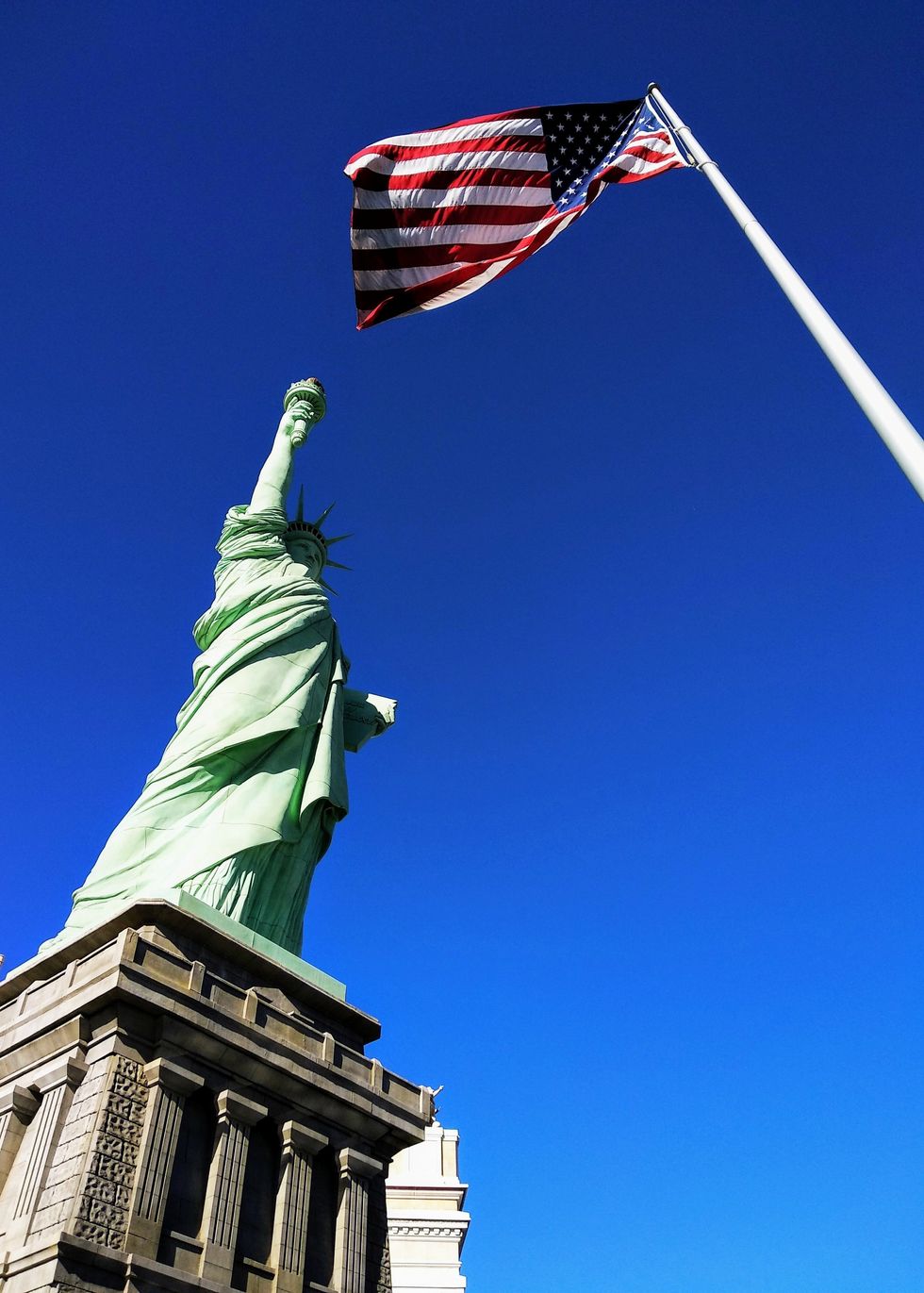Last month, the Michigan Board of Canvassers gave the green light to a ballot proposal aimed at overhauling Michigan's electoral laws to add reforms like automatic and election day voter registration and straight ticket voting. A Detroit News Poll completed earlier this October showed "majority support" for the proposal and for good reason. From increasing voter enfranchisement to allowing for voters to vote more efficiently, this proposal can only help Michigan's population be more civically engaged by allowing more voters to get involved in the election process.
Although Michigan's voter turnout of 63% during the 2016 presidential election is higher than the national average of 58%, it is still lower than it was in previous years, such as when it was over 66% during the 2008 presidential election. Also, according to data from the Secretary of State, there are 200,000 Michiganders of voting age that are not registered voters. While this deficit seems small in comparison to Michigan's overall population of nearly 10 million, it is important that any number of potential voters can make all the difference in an important election. Recall that Trump only won Michigan by a little over 11,000 votes in the 2016 election. Maybe 200,000 additional votes could have made a difference. By allowing citizens of voting age to easily register to vote the day of an election through an automatic process that should reduce the level of work on the voter's part. While the specific details of this automated process are still being decided, there should be no reason to dispute Proposal Three in terms of voter enfranchisement, since involving more citizens in our electoral process is nothing if not meritorious.
Another important provision of Proposal Three is re-implementing the practice of straight ticket voting. This means that there will be an option on your ballot that automatically allows you to vote for all the the candidates in a political party in a single action. To explain, you would not have to bubble in each candidate individually if you intend to vote for only candidates of a single party. While opponents of this practice have argued that it decreases voter volition since it may encourage voters to not actually look at who is running for office and vote along overly partisan lines, approximately 30% of voters nationwide did not complete their ballots in recent elections nationwide. This may be because of the sheer number of candidates that larger voting districts may have. Chicago, while not in Michigan, has over 101 candidates on the average ballot. Larger regions in Michigan such as the metro-Detroit area likely have ballots that are similar in length and complexity to Chicago. By allowing people to vote for the political party they subscribe to in a quick and efficient manner through straight ticket voting, more voters may be incentivized to actually come out and vote in elections, which once again leads to Proposal Three increasing the democratic representativeness of Michigan elections.
As previously mentioned, Michigan voters will be deciding the fate of Proposal Three in the upcoming November 6th midterm elections. I strongly urge all Michigan voters to support this measure because, again, there simply is so much civic benefit to be gained at so little cost.

















